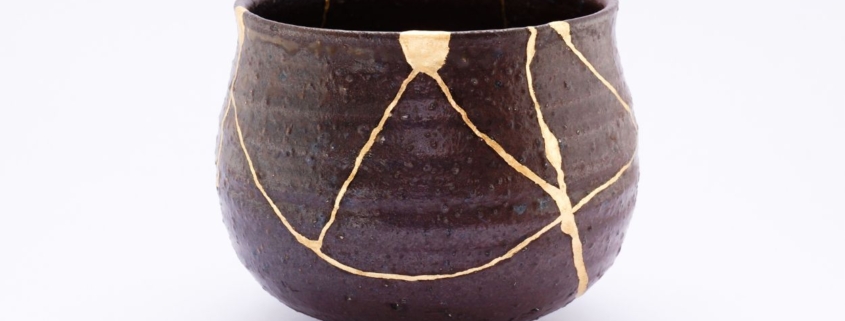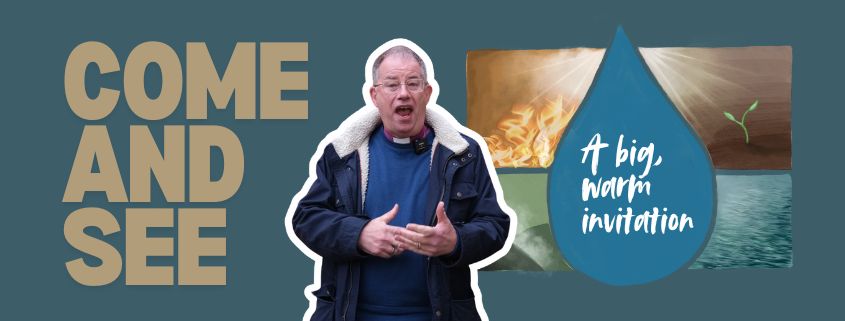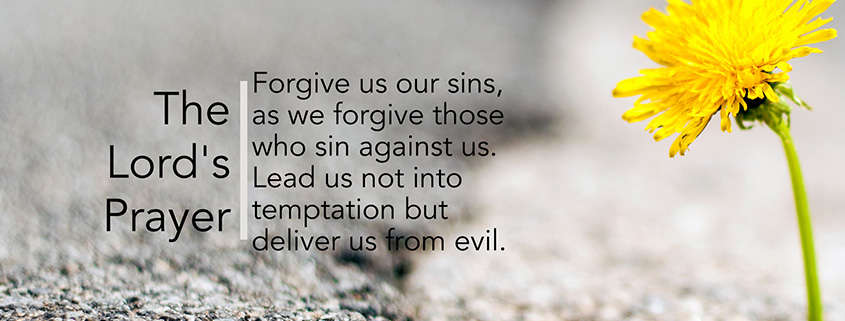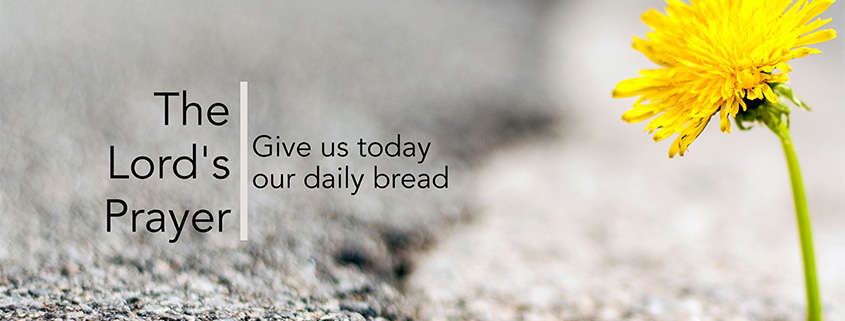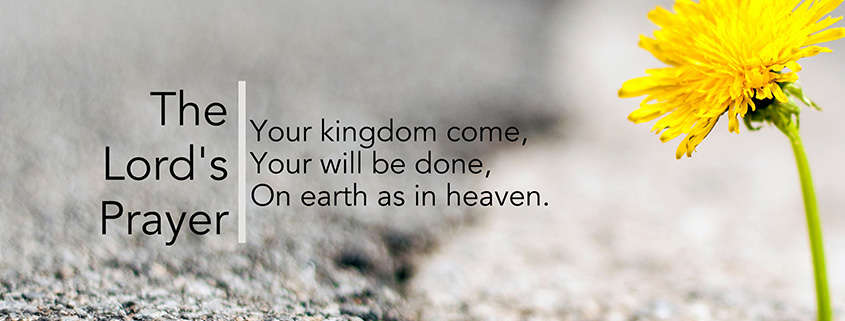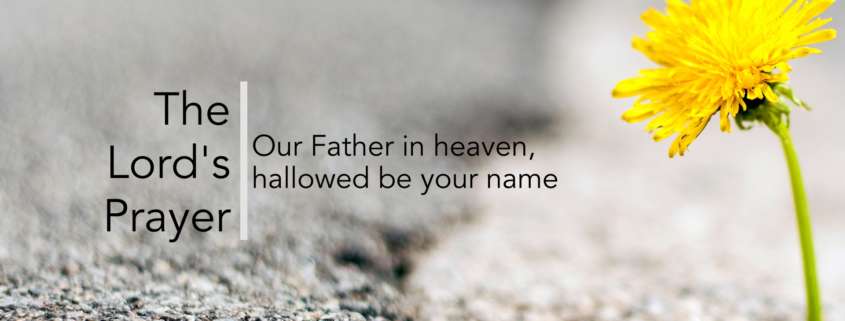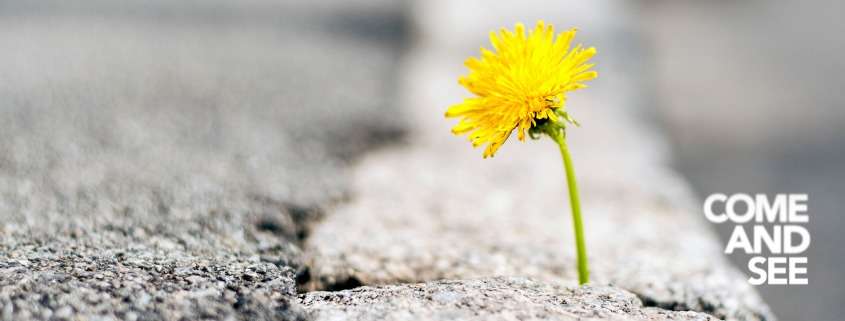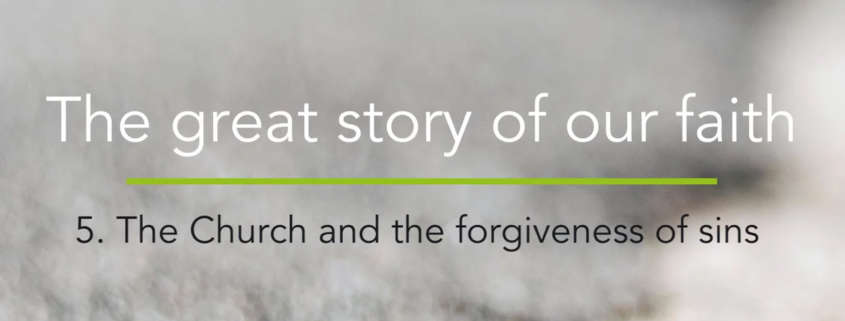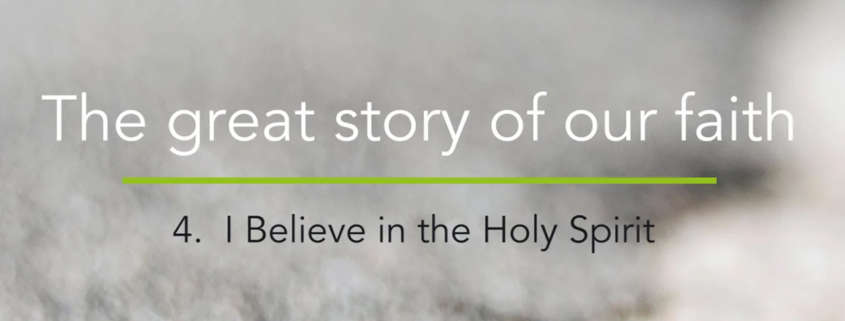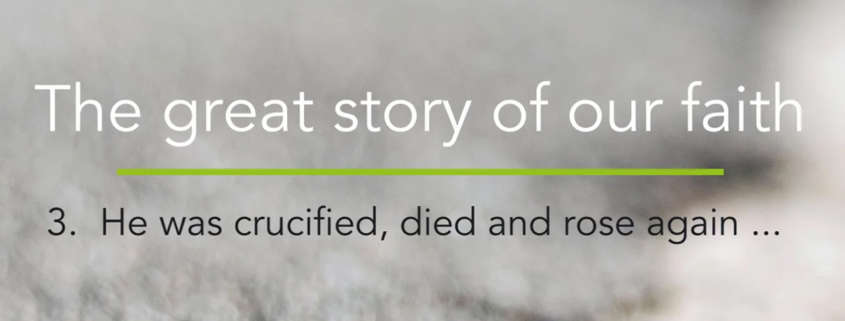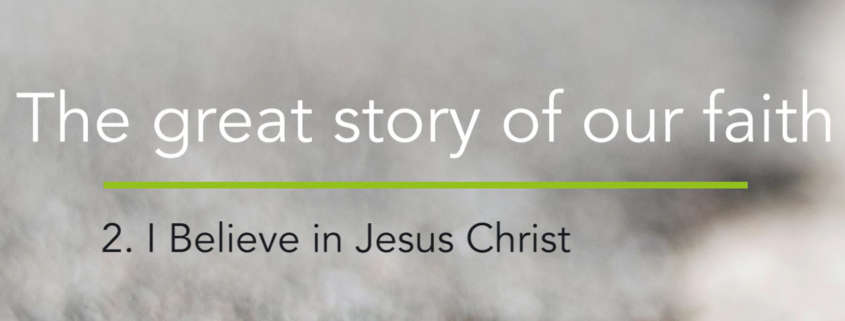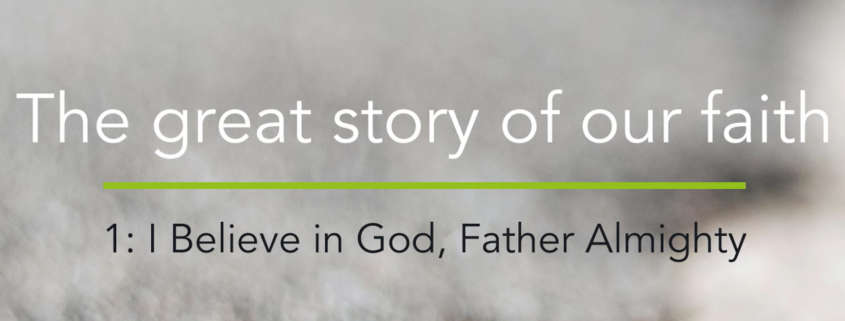Bishop Steven gave the presidential address to Diocesan Synod on Saturday 8 March at Didcot Civic Hall.
Back to Christ
In a well known and loved passage in 2 Corinthians, Paul reflects on the transforming power and wonder of the gospel: “the light of the gospel of glory of Christ who is the image of God” (4.4).
“For”, he goes on, “we do not proclaim ourselves” – a temptation for every Church in every generation – “we proclaim Jesus Christ as Lord and ourselves as your slaves for Jesus’ sake” (5).
The Church in Corinth is facing multiple crises: of disorder; of immorality; of ethics; of confidence in leadership and ministry; of reputation; of finance. In the midst of this crisis Paul draws their attention again and again away from themselves and back to Christ:
“For it is God who said, ‘Let light shine out of darkness’ who has shone in our hearts to give the light of the knowledge of the glory of God in the face of Jesus Christ’ (6).
Our own Church and our Diocese need to hear those words afresh again this morning as we gather for this Synod bearing the wounds and scars of a fractured Church. Our first calling, our first prayer, our first love, our salvation is to remember God’s glory revealed in Jesus Christ in our worship and contemplation.
Then Paul reminds us in a powerful metaphor how we are to imagine ourselves in relation to the glory of God and the inestimable treasure of the gospel:
“But we… but we… have this treasure in clay jars, so that it may be made clear that this extraordinary power belongs to God and does not come from us”.
Paul goes on to describe just how ordinary and earth bound these clay jars can become: “We are afflicted in every way but not crushed, perplexed but not driven to despair, persecuted but not forsaken, struck down but not destroyed, always carrying in the body the death of Jesus, so that the life of Jesus may also be made visible in our bodies. For while we live we are always being given up to death for Jesus’ sake, so that the life of Jesus may be made visible in our mortal flesh”. So that the life of Jesus may be made visible.
Who is Paul describing in this metaphor of clay jars: not the highly decorated ornaments we find in museums but the ordinary clay pots for everyday use found in every home. He describes himself and his companions, certainly, underlining their struggles and elsewhere in the letter, their past failings and their present imperfection. He is describing the experience of every minister, lay and ordained, who has ever struggled to write a sermon; to give comfort to the dying; to reconcile the factions on a church council; to preach to a congregation of unbelievers at a wedding or a funeral.
Treasure in jars of clay
But Paul is also intentionally describing here the Church in every time and place, not only the ministers. The Corinthians and the Anglicans and everyone else are meant to turn the metaphor around and rediscover who they are: we are small and ordinary and weak and barely know how to be the people of God; we have this treasure in jars of clay.
We will all have experienced a range of emotions over the last four months following the publication of the Makin review: immense grief and compassion for survivors of church related abuse and mistreatment; deep anger at the failings of the Church; concern for those caught at the heart of multiple storms in the media; shame and contrition at our own shortcomings or blindness and also for the failings of others. All of us will need to give ourselves and each other permission to grieve and to question and to be angry and to long for something better. As one writer has said, in this season, part of taking up our cross and the painful cost of our discipleship is to be identified with the failings of the institutional church and then to commit ourselves to the task of rebuilding and repair.
We will want to take from all of this grief and anger a renewed sense of the fallibility of the church and of all human institutions. Clay jars. Cracked pots. You will no doubt have been reflecting as I have in this season on the perpetual imperfection of the Church. In 1 Corinthians Paul describes the Church in Corinth in a different metaphor as God’s field (1 Cor 3.9).
Wheat and the weeds
According to Matthew, Jesus tells a powerful parable about a field: about someone who sowed good seed “but while everybody was asleep, an enemy came and sowed weeds among the wheat and went away”. Weeds and fruitful plants grow together. The Church is a mixed community and will always be a mixed community. According to the interpretation of the parable in Matthew, the devil has a strategy to disrupt and corrupt the Church. Ultimately God’s kingdom will prevail. But the Church will always be a mixture of good and bad together, locally and in dioceses and in Provinces.
There are multiple temptations here. Our first calling is to be watchful. In the parable, the enemy sows tares while everyone is asleep. Our structures, resources and attitudes need to lead to greater watchfulness, deeper curiosity, greater alertness to risk as the keys to a safer church. We should grieve wherever we go wrong and wherever we see evil in the life of the Church but we should not be surprised or deflected from our purpose of proclaiming Christ as Lord.
Our Church must learn deep and lasting lessons from this crisis. We have already heard about the decisions taken by the General Synod and the national church to reform scrutiny of safeguarding; to attend to survivors in every sense; to reform our disciplinary processes and culture. We will hear later in this meeting about safeguarding in our own diocese, for which we each carry responsibility. It is right that this Synod has the time it needs for scrutiny of this part of our common life. It was good to note this week that in the context of a challenging debate on Church of England safeguarding in the House of Commons, the excellent practice in our own Diocese was singled out by Sean Woodcock, one of our local MPs.
Come and See
This essential, vital work of safeguarding, mending the cracked pots, must support a greater purpose: the seeing and proclaiming of the gospel of the glory of Christ. We are meeting today in the first few days of Lent. This year I am inviting the whole Diocese to explore again the meaning of our baptism. Our baptism helps us to understand our humanity: who we are and how we are to live. Come and See will explore baptism through the four fundamental biblical images of earth, water, wind and fire. We are made from earth, from dust, as we were reminded on Ash Wednesday. Frail children of dust and feeble as frail as the hymn puts it. We are part of the creation. We need to be washed outwardly and inwardly in baptism. We need the wind, the breath of God to dwell within us and transform us. We need the fire of God afresh in our discipleship in this generation to fill our hearts with love for God and for God’s world. If you have not yet signed up for Come and See it’s not too late to join the journey together in the coming days.
Shepherds of Christ’s flock
It is very good at this Synod to welcome Bishops Dave and Mary and to rejoice in their new ministries. Many of us were present in Canterbury Cathedral ten days ago or will have watched the service online. We will have been reminded that the ministry entrusted to them will be a demanding and sacrificial ministry. But we will have been reminded also that this ministry is part of the wider purposes of God for the world:
“Bishops are ordained to be shepherds of Christ’s flock and guardians of the faith of the apostles, proclaiming the gospel of God’s kingdom and leading his people in mission”
Watchfulness in prayer is a sign of God’s calling but its centre will be to see and proclaim the light of the glory of the gospel of Christ who is the image of God.
A holistic mission to children and young people
And finally in this Synod we will focus again on our ministry to children, young people and families. Our world faces many challenges and crises and all of them bear acutely on the well being of children, young people and families in our communities. The crisis in mental health; the multiple crises in the environment; the crisis of war in Europe; the crisis in the economy will all bear down on the children and young people of our own diocese.
Our ministry and mission to those children and young people is a holistic mission, caring for the whole person and their environment but centred on helping them to see the light of the gospel of the glory of Christ who is the image of God and calling them to a lifetime of following Jesus.
A year ago in this Synod I called on every parish and every deanery to develop plans for the renewal of our work with children and young people in the remainder of this decade. That call resonated widely across the diocese. I’m grateful for all the work which has been done. We will receive an update on progress later this morning. If your own parish and deanery has not fully engaged with this priority then please would you find time and energy to set our mission to the young at the heart of the life of the church again in this coming year. If you have made a good beginning, then please continue to deepen that work. The foundation of what we are seeking to do is hearing the voices of children and young people.
Conviction and determination
We heard earlier this week that our bid for national funding to support this work has not been been successful in this round of applications. This was not because of the quality of the bid but because of the demands on the Church Commissioners funds and the prioritising of bids from dioceses with less resources. This news will be very disappointing to the deaneries which invested a huge amount of work in the bid, to the team which worked so hard to put the bid together and to many others.
However our central calling and conviction that together we need to prioritise ministry to children, young people and families remains and indeed I hope our determination to invest here as a diocese will grow.
We are still aiming overall to see the number of children and young people engaging with our churches to double over the next five years. This means every church and church school, every priest, every church officer, every lay minister, every PCC needs to be engaged with this part of God’s mission. The grant funding would have been and could still be extremely helpful. But the resources we need to do this are mainly in the grace of God and the gifts of all God’s people in this diocese. But God’s mission depends most of all on our prayers and on the support of the people of God. Together we will see God do miracles in this area of our life together.
“But we have this treasure in clay jars, so that it may be made clear that this extraordinary power belongs to God and does not come from us”.
Celebrating the flaws
I made my first and probably my only visit to Japan last year and discovered a way of mending cracked and broken pots: the Japanese art of Kintsugi: the craft of mending broken glazed pottery with gold, crafting something new and even more beautiful from what is broken. In Kintsugi the breaks and flaws are not hidden but highlighted and draw the eye. Kintsugi is the art of embracing imperfection, of celebrating the flaws and missteps of life, of rejoicing in hope and grace, forming something which is stronger and more beautiful out of weakness.
This vision of Kintsugi is my own vision for the Church of England and our Diocese at this time. We have this treasure in clay jars. But God is the maker and mender, restoring the Church, the bride of Christ, in still greater glory in which the cracks and scars will show, like the wounds of the cross on the Body of Christ in the day of resurrection. This is the only way a fallen, broken church is able to bear witness in this world in crisis to the light of the gospel of the glory of Christ, who is the image of God.

